Journey with us as we traverse the globe, not in miles, but through the intricate dance of hands and materials, forming objects that are as meaningful as they are beautiful. This is the world of handcrafted goods – a testament to the diversity and creativity inherent in human cultures. Regardless of geography, people have found ways to manipulate the materials at their disposal, forming functional items that double as works of art.
These crafts, which span pottery, textiles, jewelry, woodworking, and more, are not only central to the identities of their creators but also provide a tangible connection between the maker and the user. Each object is a story, a history, a piece of cultural context you can hold in your hands. They’re globally created, sold, and traded, and while their popularity may vary by region, their value and charm are universally recognised.
From the spinning wheel to the potter’s wheel, from the jeweller’s bench to the woodworker’s lathe, we’ll explore the top categories of handcrafted goods found worldwide. These are objects that captivate the senses and connect us to age-old traditions, carrying the maker’s mark and resonating with authenticity and dedication.
From our partners:
Read on, and get ready to delve into the world of handcrafted goods – your global tour of human creativity, ingenuity, and craftsmanship starts here.
Here is a list of some of the most popular handcrafted goods created, sold, and traded worldwide. While these items can be found globally, their popularity might vary by region:
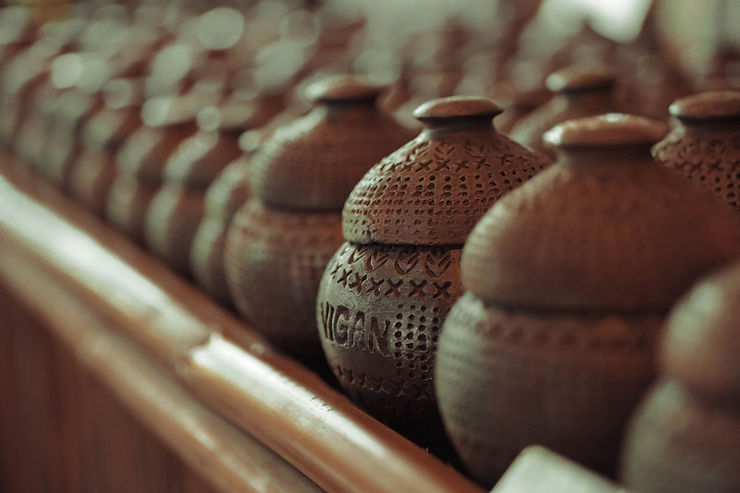
1. Pottery and Ceramics. This includes a wide range of items, from functional dinnerware to decorative pieces. Techniques vary greatly, but some of the most popular styles include thrown pottery, slab-built pieces, and intricate hand-painted designs.
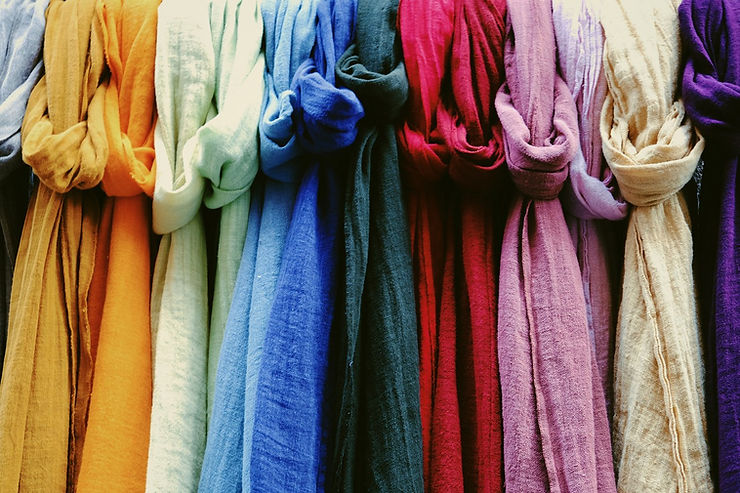
2. Textiles. This category encompasses everything from woven rugs and tapestries to embroidered clothing and handmade quilts. Techniques such as dyeing, weaving, knitting, and embroidery are all used in textile crafts.
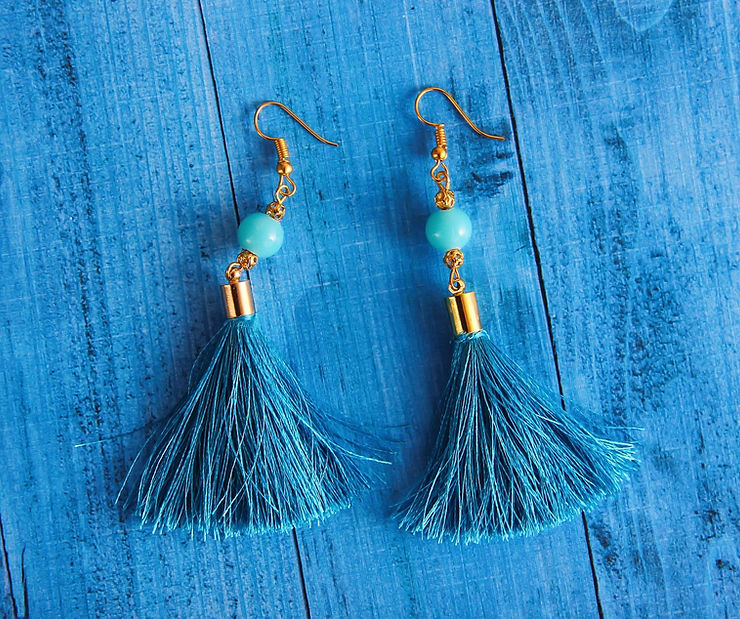
3. Jewellery. Handcrafted jewelry is highly sought after. Materials used can range from precious metals and gemstones to handmade beads, glass, leather, and even paper. Techniques include beadwork, metal smithing, wire wrapping, and more.
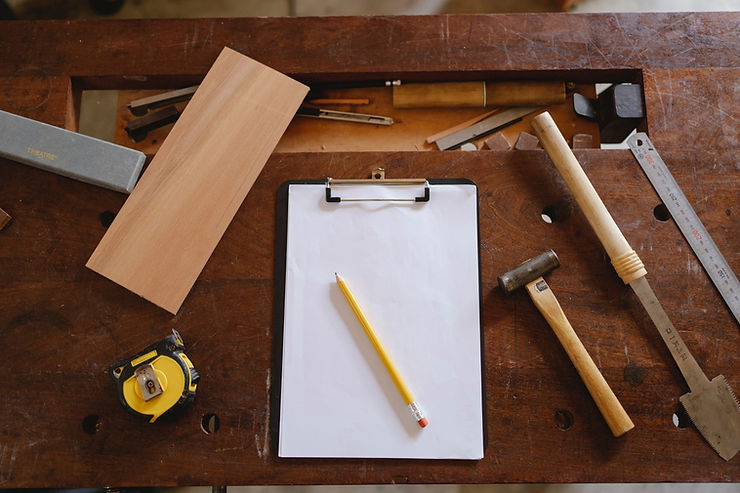
4. Woodworking. Handcrafted wooden items can include furniture, decorative carvings, bowls, toys, and more. Techniques used in woodworking include carving, joinery, turning, marquetry, and more.

5. Glassware. This includes blown glass, stained glass, and etched glass items. Glassware can range from functional items like dishes and vases to decorative items like ornaments and sun catchers.
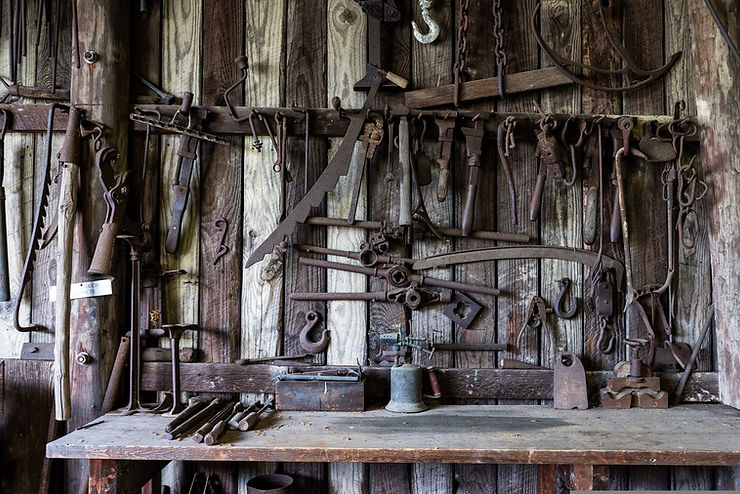
6. Metalwork. This can range from decorative ironwork (like gates and grills) to handcrafted tools and knives. Blacksmithing and silversmithing are popular techniques in this category.
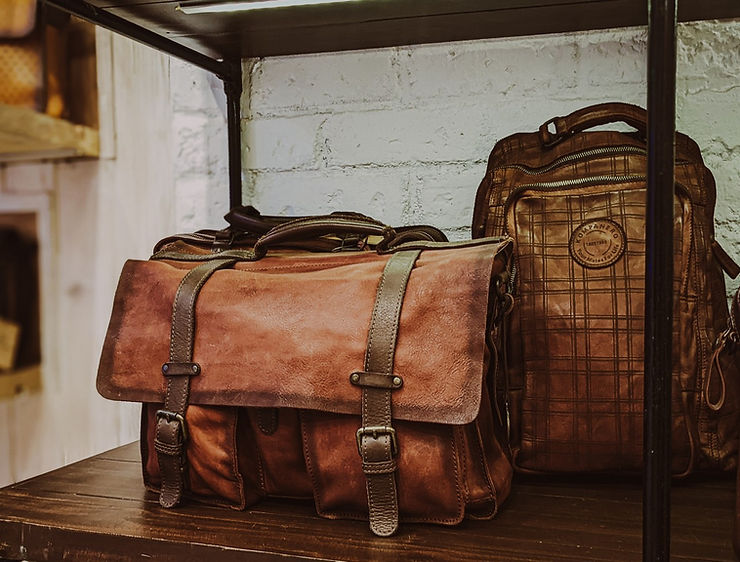
7. Leatherwork. Handcrafted leather goods can include bags, belts, shoes, and wallets, among other items. Techniques used can include stitching, embossing, and tooling.

8. Paper Goods. This can include handmade greeting cards, origami, hand-bound books, and paper mache crafts. Techniques like embossing, marbling, and paper-cutting can also fall into this category.
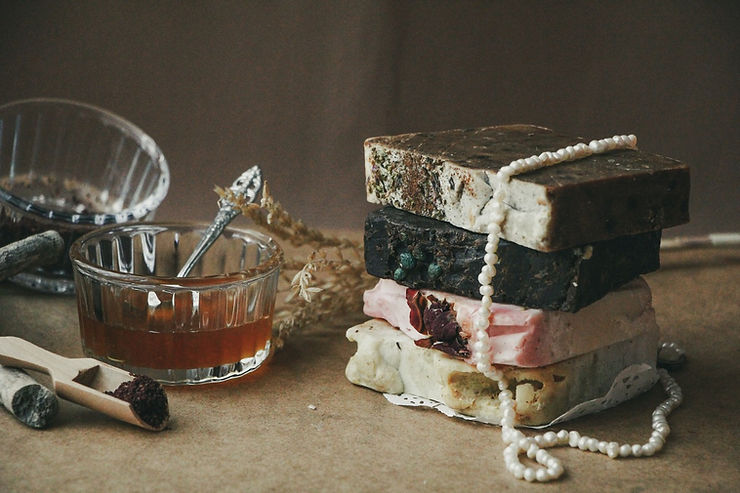
9. Candles and Soaps. Handmade candles and soaps have become increasingly popular, with a wide variety of styles, scents, and shapes available.

10. Basketry. This craft involves weaving together materials like straw, bamboo, or twine to create baskets and other objects. Baskets are both functional and can be highly decorative.
Remember that what makes these items special is not only their handmade nature, but also the skills, traditions, and history behind each one. The best way to support these crafts is to buy directly from artisans whenever possible, whether that’s at a local market, through an online platform like guzz, or by visiting workshops or studios.
At guzz, our mission mirrors this belief. We envision a future where humans and AI coexist symbiotically. AI, in our view, can support and enhance human capabilities, freeing us to delve deeper into our creativity, to explore and express our human spirit.
Originally published at Guzz
For enquiries, product placements, sponsorships, and collaborations, connect with us at hello@zedista.com. We'd love to hear from you!
Our humans need coffee too! Your support is highly appreciated, thank you!

